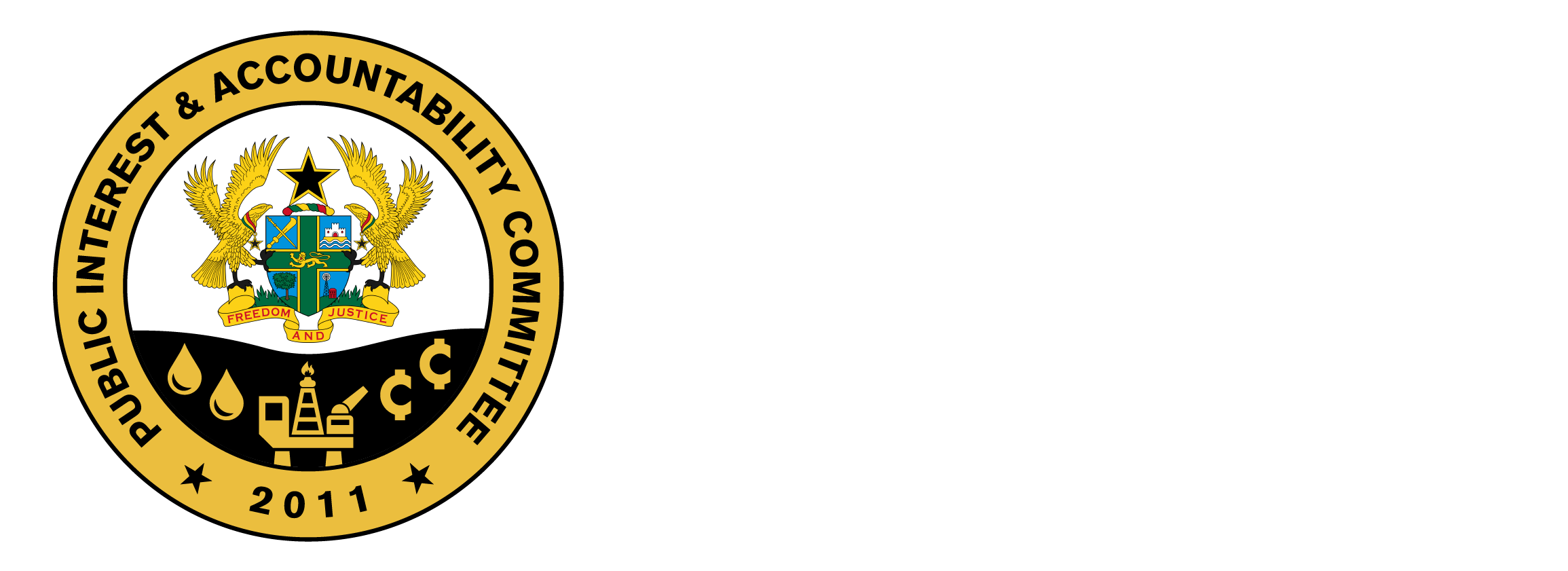Frequently Asked Questions
if you cannot find the answer below, please use the contact form or
send us an email to faq@piacghana.org
The Accountability Committee has a three-point mandate as outlined in the PRMA
• To monitor and evaluate compliance with the Act by government and relevant institutions in the management and use of petroleum revenues and investments as provided in the Act
• To provide space and platform for the public to debate whether spending prospects and management and use of revenues conform to development priorities as provided under section 21 (3)
• To provide independent assessment on the management and use of petroleum revenues to assist parliament and the executive in the oversight and the performance of related functions respectively. In addition to this mandate, the committee’s functions include;
• To consult widely on best practice related to the management and use of petroleum revenues
• Determine the rules of procedure under which it will operate
For PIAC, transparency implies that the citizens of Ghana are provided sufficient information to know what rules guide the development of petroleum resources, who is given the responsibility to develop these resources and how much revenue is generated from these resources.
Transparency is a tool that helps citizens assess government’s management of petroleum wealth and hold her to account.
PIAC has kept government on its toes through the issues raised in its annual and semi-annual reports and press releases some of which have received attention from government.
The Committee has also provided a huge platform for the public to debate government’s management and use of oil revenues through PIAC’s public forums which have so far been held in eight regions of Ghana.
In addition, PIAC’s advocacy has ensured that government complies with the PRMA and where there are challenges with implementation, PIAC has raised concerns and proposed changes which led to amendment of the Act.The new Act (Act 893)addresses some of the implementation bottlenecks of the parent Act (Act 815)
PIAC has two main sources of funding for its activities; Government of Ghana funds and Donor funds.
Currently, PIAC’s donors are GIZ and DFID. GIZ sponsors the printing of PIAC’s annual and semi-annual reports as well as some of its public activities. DFID provides funding support for capacity development and technical assistance in a five-year Accountable Grant Agreement between PIAC, NRGI and DFID.
The uniqueness of PIAC stems from the fact that it is a citizens-led oversight body with representation from various segments of society who are sworn in by the Minister of Finance to exercise oversight over the same Minster and the government.
Accountability is the responsiveness of government to the demands of citizens regarding the management of petroleum revenues. This means that the Committee provides a platform for the citizens to influence the decisions of government in managing oil and gas revenues and the government is answerable to the citizens.
Be Updated with Us
Donors
International Oil Companies (IOCs)
Nominating Institutions
- National House of Chiefs
- Civil Society and Community-Based Organization
- Trades Union Congress
- Association of Ghana Industries and Chamber of Commerce
- Chartered Accountants
- Independent Policy Think Tanks
- Ghana Journalist Association
- Federation of Muslim Councils
- Ghana Bar Association
- Ghana Academy of Arts and Science
- Ghana Extractives Industry Transparency Initiative
- Muslim Groups
- Christian Groups
